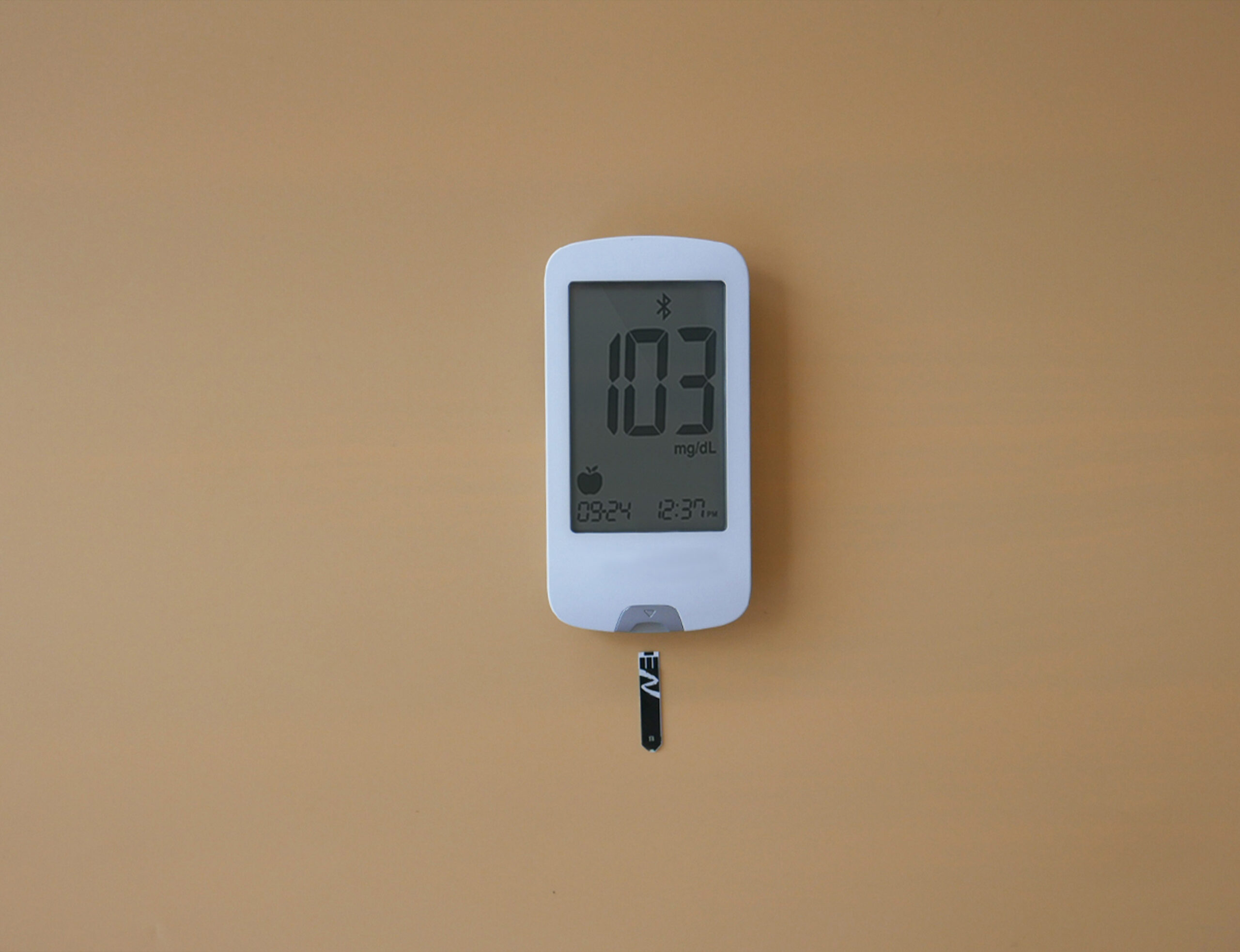Can high blood pressure medication be stopped once blood pressure is under control?
Title: Can High Blood Pressure Medication be Stopped Once Blood Pressure is Under Control?
Introduction:
High blood pressure, or hypertension, affects millions of people worldwide. If left uncontrolled, it can lead to serious health complications such as heart disease, stroke, and kidney problems. Thankfully, with the help of medications, many individuals are able to bring their blood pressure levels under control. But a common question arises: Can high blood pressure medication be stopped once blood pressure is under control? In this blog post, we will explore this topic and provide some important insights.
The Importance of Blood Pressure Medication:
Managing high blood pressure often requires a comprehensive approach that includes lifestyle changes and medication. While lifestyle modifications, such as regular exercise, healthy eating, stress reduction, and weight management, play a critical role in controlling blood pressure, medications are often prescribed to help achieve the desired levels. These medications help relax blood vessels, reduce fluid volume, and lower the workload on the heart, all of which contribute to maintaining normal blood pressure levels.
Controlled Blood Pressure Doesn’t Always Mean It’s Cured:
It’s crucial to understand that achieving controlled blood pressure does not necessarily indicate that the condition is permanently cured. Rather, it means that the blood pressure is within a healthy range with the help of medication. High blood pressure is a chronic condition that requires ongoing management. Discontinuing medication without proper medical guidance can lead to a sudden rise in blood pressure, putting individuals at risk for serious health complications.
Discussing Medication Changes with Your Healthcare Provider:
Once you have successfully lowered your blood pressure through lifestyle changes and medication, it is important to have a conversation with your healthcare provider before considering any changes to your medication regimen. They will evaluate your overall health, assess the effectiveness of your current medication, and consider other factors such as age, family history, and the presence of other medical conditions to determine the best course of action.
Gradual Medication Tapering:
In some cases, under medical supervision, it may be possible to reduce the dosage of high blood pressure medication or switch to a milder form once blood pressure is under control. This process is known as medication tapering. It involves gradually decreasing the dosage over time, closely monitoring blood pressure levels and overall health to ensure a smooth transition. It is important to note that not everyone will be able to discontinue their medication entirely, but in some cases, reducing the dosage is a viable option.
Regular Blood Pressure Monitoring:
Even if you have successfully reduced or eliminated the need for medication, it is crucial to continue monitoring your blood pressure regularly. Home blood pressure monitoring is a valuable tool that enables you to keep track of your readings and detect any potential changes. Additionally, maintaining a healthy lifestyle and staying in touch with your healthcare provider for regular check-ups is essential in managing your blood pressure effectively.
Conclusion:
High blood pressure is a serious medical condition that requires consistent management. Achieving controlled blood pressure through medication is a significant accomplishment, but it does not mean the condition is cured. Discontinuing medication without proper medical guidance can lead to a sudden rise in blood pressure, putting you at risk for serious health complications. Always consult your healthcare provider before considering any changes to your medication regimen. Remember to prioritize a healthy lifestyle, regular monitoring, and open communication with your healthcare provider to ensure optimal blood pressure control and overall well-being.



